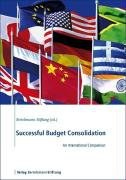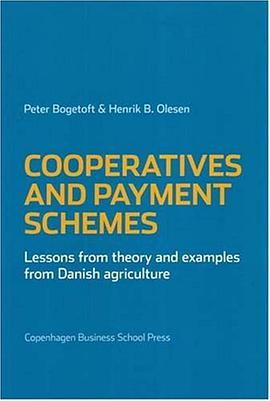

具体描述
Negotiations are ubiquitous in business, politics, and private life. In many cases their outcome is of great importance. Yet, negotiators frequently act irrationally and fail to reach mutually beneficial agreements. Cognitive biases like overconfidence, egocentrism, and the mythical fixed pie illusion oftentimes foreclose profitable results. A further cognitive bias is the attachment effect: Parties are influenced by their subjective expectations formed on account of the exchange of offers, they form reference points, and loss aversion potentially leads to a change of preferences when expectations change. This book presents a motivation, formalization, and substantiation of the attachment effect. Thereby, preferences and behavior are approached from a microeconomic and a psychological perspective. Two experiments show clear evidence for a systematic bias. The results can be used for prescriptive advice to negotiators: either for debiasing or to systematically affect the counterparty.
作者简介
目录信息
读后感
评分
评分
评分
评分
用户评价
相关图书
本站所有内容均为互联网搜索引擎提供的公开搜索信息,本站不存储任何数据与内容,任何内容与数据均与本站无关,如有需要请联系相关搜索引擎包括但不限于百度,google,bing,sogou 等
© 2026 book.wenda123.org All Rights Reserved. 图书目录大全 版权所有




















